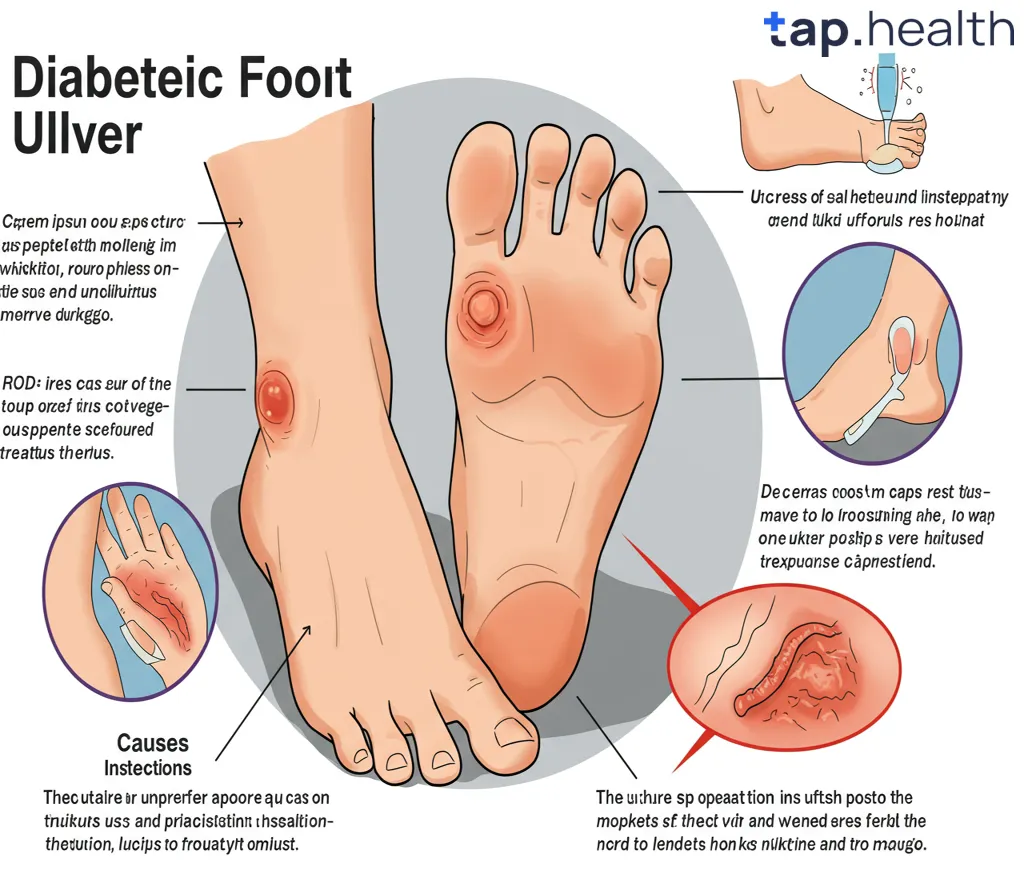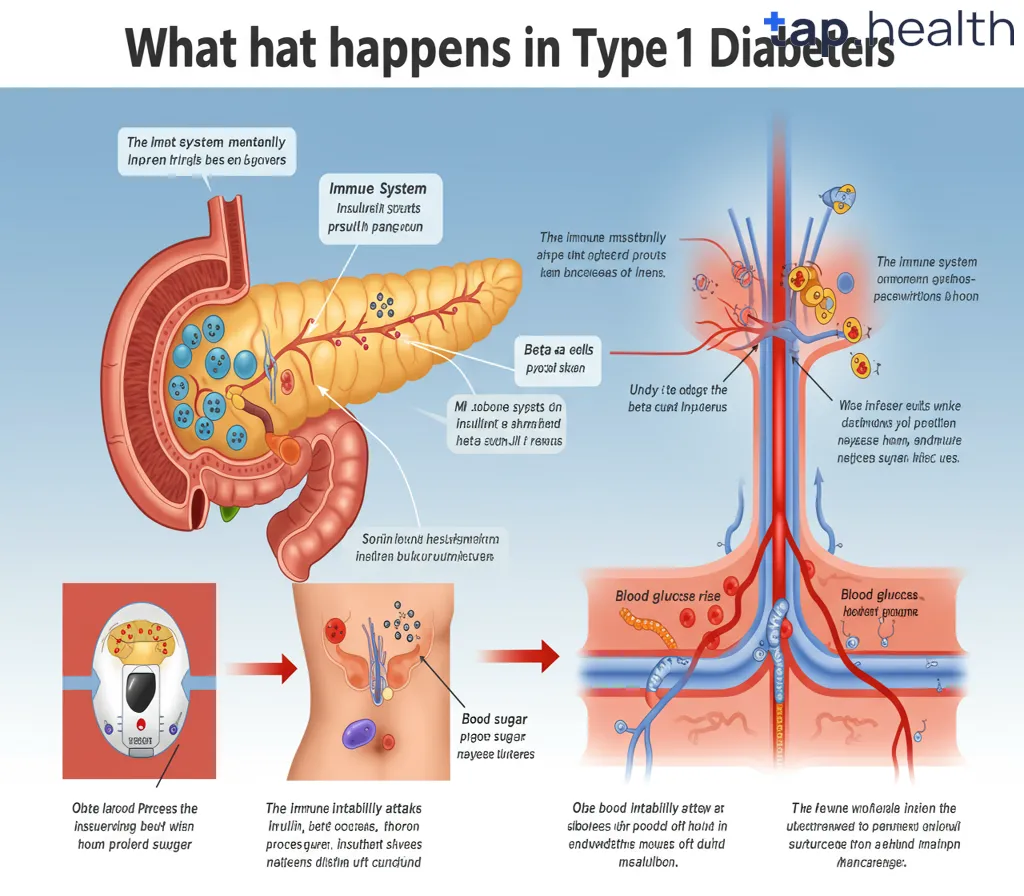Statins are among the most widely prescribed medications in the world. They’re primarily used to lower cholesterol levels and reduce the risk of heart disease. However, recent studies and patient reports suggest there could be a connection between statins and the management of diabetes. The question on many people’s minds is whether stopping statins can reverse diabetes or help with blood sugar control.
In this blog post, we’ll explore the relationship between statins, cholesterol, and diabetes. We’ll also dive into the effects of discontinuing statins on diabetes management. By the end, you’ll have a clear understanding of whether stopping statins can reverse diabetes and whether it’s the right decision for you.
What Are Statins and How Do They Work?
Before diving into the potential link between statins and diabetes, let’s first understand what statins are and how they function in the body.
Statins are a class of drugs that help lower levels of low-density lipoprotein (LDL) cholesterol, also known as “bad” cholesterol. High levels of LDL cholesterol can lead to the buildup of plaque in the arteries, which can increase the risk of heart disease and stroke. Statins work by inhibiting an enzyme in the liver responsible for producing cholesterol, ultimately reducing LDL levels.
While statins are effective at reducing the risk of cardiovascular events, they come with some side effects. One of the concerns raised over the years is their potential link to the development or worsening of type 2 diabetes.
Statins and Diabetes: What’s the Link?
Over the years, numerous studies have pointed to a potential connection between statins and an increased risk of developing type 2 diabetes. But how does this happen? Here are some key factors:
1. Statins and Insulin Resistance
One of the primary concerns about statins is their possible impact on insulin sensitivity. Insulin is a hormone that helps regulate blood sugar levels by allowing cells to take in glucose. When cells become resistant to insulin, blood sugar levels rise, leading to type 2 diabetes.
Some research has suggested that statins may worsen insulin sensitivity, making it harder for the body to use insulin effectively. This could potentially lead to higher blood sugar levels, which might increase the risk of developing diabetes, especially in individuals who are already at risk.
2. Statins and Blood Sugar Levels
There is evidence indicating that statins might slightly increase blood sugar levels. A study published in the Journal of the American Medical Association (JAMA) found that statins could cause a small but significant rise in blood glucose levels in some people. While this increase might not be enough to cause diabetes directly, it could be a contributing factor, particularly for those who are already predisposed to developing the condition.
3. Statins and the Risk of Type 2 Diabetes
Several large studies have looked at the long-term effects of statins on diabetes risk. In one study published in The Lancet, researchers found that statin use was associated with a 9% increased risk of developing type 2 diabetes. This doesn’t mean that statins directly cause diabetes, but it suggests a correlation between statin use and an increased likelihood of developing the condition.
For people who already have type 2 diabetes, stopping statins could theoretically improve insulin sensitivity and blood sugar control. However, it’s essential to understand that stopping statins could also increase the risk of heart disease and stroke, which statins are designed to prevent.
Can Stopping Statins Reverse Diabetes?
Now that we understand the potential link between statins and diabetes, let’s address the burning question: Can stopping statins reverse diabetes?
1. Impact of Stopping Statins on Blood Sugar Control
For individuals with prediabetes or early-stage type 2 diabetes, stopping statins might lead to improvements in insulin sensitivity and blood sugar control. Since statins have been shown to slightly increase blood sugar levels, discontinuing the medication might help lower those levels, particularly if you’re sensitive to the drug.
However, stopping statins is not a guaranteed way to reverse diabetes. The condition is influenced by various factors, including genetics, diet, exercise, and overall lifestyle. While statins may contribute to worsening insulin resistance, they are not the sole cause of diabetes. Reversing diabetes typically requires a comprehensive approach that includes changes in diet, exercise, and medication under a healthcare provider’s supervision.
2. Potential Risks of Stopping Statins
While stopping statins might have some potential benefits for people with diabetes, it also comes with significant risks. Statins are effective at lowering cholesterol and reducing the risk of heart disease and stroke, which are common complications of diabetes. Stopping statins could increase the risk of heart attacks and strokes, particularly in people with existing cardiovascular conditions or those at high risk for them.
Additionally, diabetes management requires a holistic approach, and simply stopping statins may not provide the improvement you’re seeking in blood sugar levels. Instead, focusing on better control of your diet, exercise, and overall health may be more effective in the long run.
3. Discussing the Decision with Your Doctor
If you are considering stopping statins because you have diabetes or are worried about the effects of statins on your blood sugar levels, it is essential to discuss your concerns with your doctor. Your healthcare provider can help you weigh the risks and benefits of continuing statin therapy and help you find alternative treatments that are more suitable for your situation.
What Are the Alternatives to Statins for Diabetes Patients?
If you are concerned about the impact of statins on your blood sugar levels but still want to manage your cholesterol and cardiovascular health, there are alternatives that your doctor may recommend. Some of these alternatives include:
1. Lifestyle Modifications
The most effective way to manage both cholesterol and diabetes is through lifestyle changes. A balanced diet rich in fiber, healthy fats, and lean proteins can help lower cholesterol and improve blood sugar control. Regular physical activity, such as walking, cycling, or swimming, can also help reduce cholesterol levels and improve insulin sensitivity.
2. Other Cholesterol-Lowering Medications
If you need to manage your cholesterol but are concerned about the effects of statins, there are alternative medications available. These may include:
- Ezetimibe (Zetia): A drug that reduces cholesterol absorption in the intestines.
- PCSK9 inhibitors: A newer class of cholesterol-lowering drugs that can be used in place of statins.
- Bile acid sequestrants: These drugs help lower cholesterol by binding to bile acids in the intestines.
3. Medications for Diabetes
If you are already diabetic, it’s crucial to focus on managing your blood sugar levels. Medications like metformin, GLP-1 receptor agonists, and SGLT2 inhibitors can help improve insulin sensitivity and lower blood sugar levels. These medications can be prescribed alongside statins or as alternatives if statins are no longer an option.
Expert Contributions
Dr. Neha Sharma, an endocrinologist at AIIMS Delhi, explains:
“While statins can increase blood sugar levels, they play a crucial role in reducing cardiovascular risk. If diabetes develops, it is better managed with lifestyle changes rather than stopping statins abruptly.”
Recommendations Grounded in Proven Research and Facts
1. Consult a Doctor Before Stopping Statins
Never discontinue statins without medical advice. Your doctor may adjust the dosage or switch to a different medication with a lower impact on blood sugar.
2. Adopt a Healthy Lifestyle
- Eat a balanced diet rich in fiber, protein, and healthy fats.
- Exercise regularly to improve insulin sensitivity.
- Manage stress through yoga and meditation.
3. Monitor Blood Sugar Levels
- Regularly check fasting blood sugar and HbA1c levels.
- Keep track of cholesterol levels to balance both risks.
4. Consider Alternative Cholesterol-Lowering Methods
- Natural supplements like omega-3 fatty acids and plant sterols may help.
- Dietary changes such as increasing soluble fiber intake can be beneficial.
Factual and Reliable Information
Several studies indicate that while statins can slightly increase diabetes risk, their cardiovascular benefits often outweigh the risks. The American Heart Association (AHA) and Mayo Clinic recommend continuing statin therapy unless a serious issue arises.
FAQs on Will Stopping Statins Reverse Diabetes?
1. Can statins cause diabetes?
Yes, some studies have suggested that statins may increase the risk of developing type 2 diabetes by slightly raising blood sugar levels and worsening insulin resistance.
2. Is it safe to stop statins if I have diabetes?
Stopping statins can increase the risk of heart disease and stroke, which are common complications of diabetes. It’s essential to discuss this decision with your doctor, who can help you assess the risks and benefits.
3. How can I manage both my cholesterol and diabetes?
Managing both conditions involves lifestyle changes, such as a healthy diet and regular exercise. Medications like statins, metformin, and other cholesterol-lowering drugs may also be prescribed to help manage both conditions.
4. Can stopping statins reverse diabetes?
While stopping statins may help improve insulin sensitivity in some people, it is unlikely to reverse diabetes. A holistic approach, including diet, exercise, and medication management, is required to manage or potentially reverse type 2 diabetes.
Conclusion
In conclusion, stopping statins may have some potential benefits for people with diabetes, especially if they are concerned about the medication’s effect on blood sugar levels. However, discontinuing statins should not be seen as a guaranteed way to reverse diabetes. Diabetes management requires a comprehensive approach that involves diet, exercise, and medication. Before making any changes to your statin regimen, it is crucial to speak with your healthcare provider to determine the best course of action for your health.



